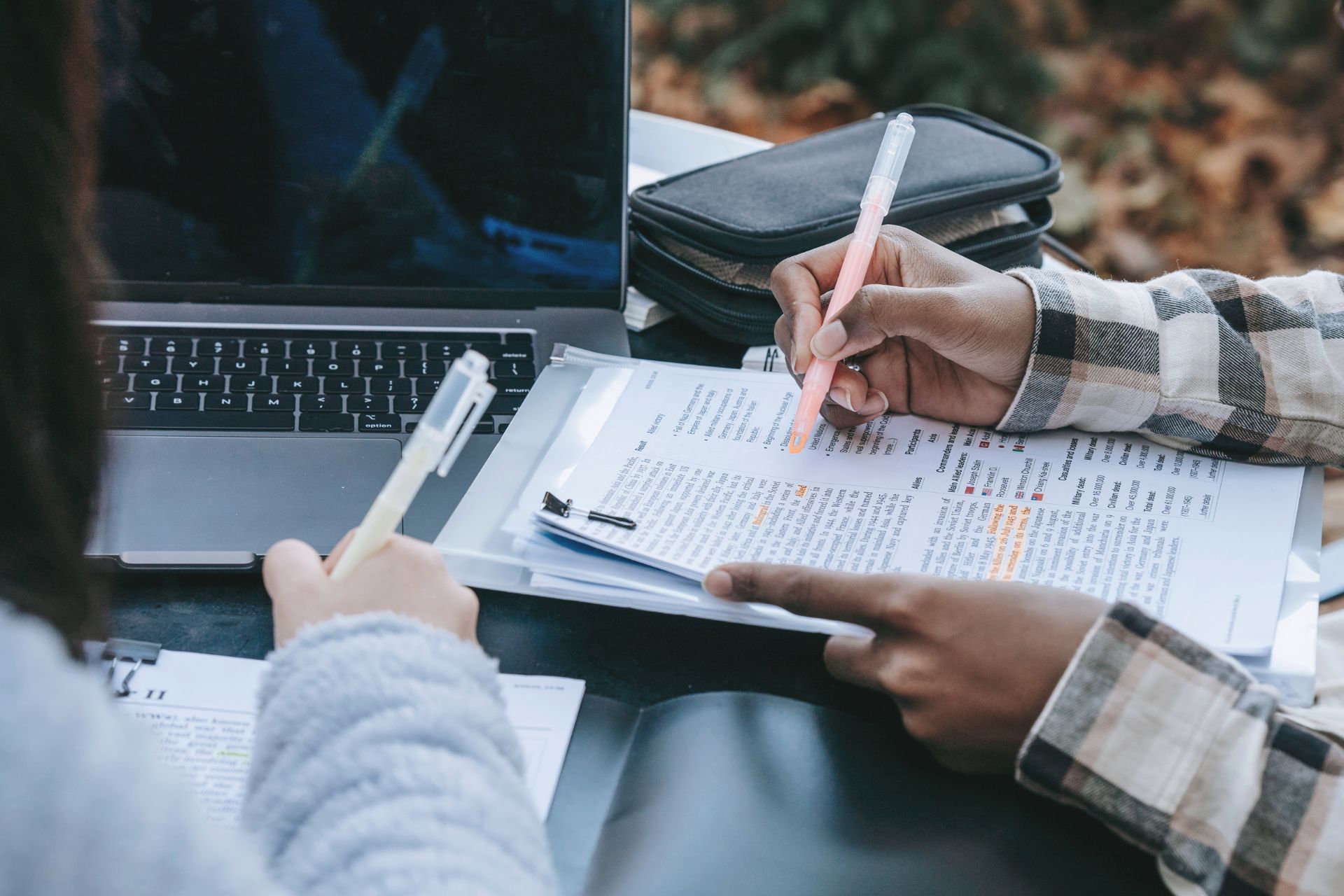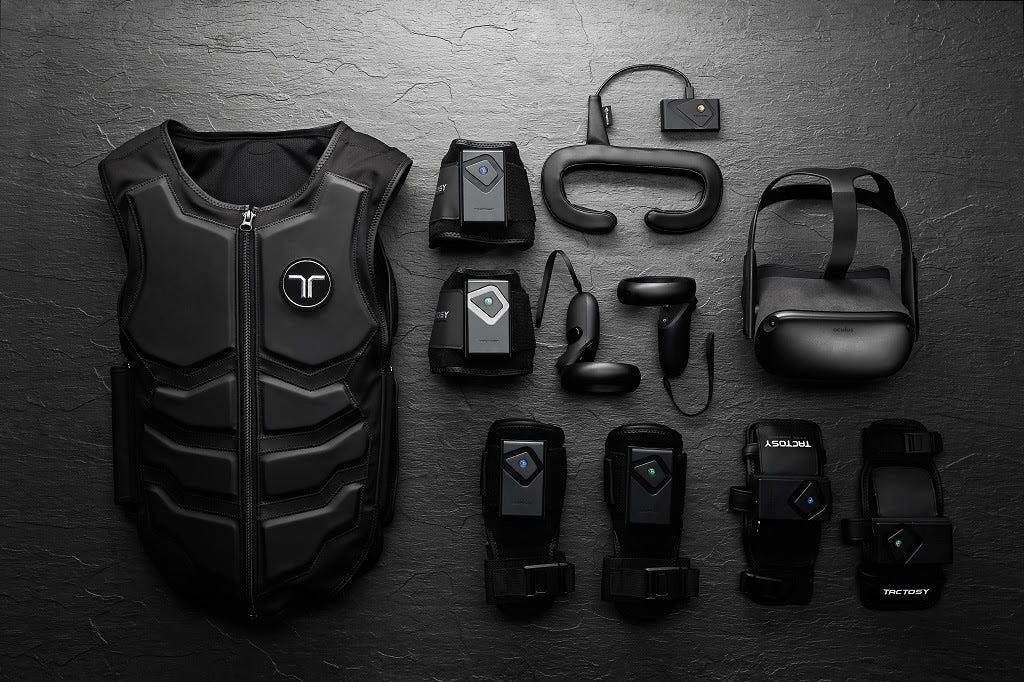Students can now get information and entertainment that might be out of their reach locally thanks to the widespread of smartphones, tablets, and laptops. For instance, students can use professional online assignment writing helper websites like https://studybay.com/ to help with assignments online. However, using these devices also comes with distractions, like social media, that can easily keep anyone hooked.
One study reveals that spending more time on any digital device makes students less likely to finish their homework. If you are passionate about games, whether video or PC games, you may also become a victim of social distractions. The good news is that you can use digital devices, stay productive, and keep those distractions at bay. If you spend your time gaming but want to avoid these digital distractions while studying, read on to find some useful homework tips that can help you effectively avoid counterproductive digital distractions while studying.
Table of Contents
Can Gaming Affect Your Study Balance?
If you love games, then you will be happy to know that playing games has its positive aspects. Experts reveal that games can help develop cognitive abilities — the skills your brain uses to think, learn, remember, and solve problems.
Most games often present challenges or puzzles that you need to figure out, and by solving these puzzles, your brain gets better at thinking logically and finding solutions. On the other hand, some games require quick-thinking abilities. These games help your brain think quickly under pressure, help you stay focused, plan fast and strategically, and become creative.
However, excessive gaming may negatively impact your study routine. Research shows the time-consuming nature of some games can make students neglect their assignments. Another study reveals that gaming, especially late-night sessions, can disrupt sleep patterns and negatively impact sleep quality. The effect is that students will experience decreased cognitive function and may not pay attention in class, which affects their academic performance.
How to Find a Balance Between Productivity and Digital Distractions in Studying
Staying focused on your studies with your phones, laptops, and tablets beside you may seem difficult, but it doesn’t have to be. Here’s how to reduce distractions and focus on your studies.
1. Keep Your Devices Away
There’s nothing as tempting as having something you crave beside you. When it comes to studying, keeping your digital devices, especially your phone, besides you may be tempting since you may get notifications and calls that may attract your study time. To avoid this, keep your devices out of sight.
By creating a “device-free zone” for studying, you indirectly create a peaceful place where you can concentrate without interruptions like checking for messages, notifications, or fun apps. Besides this, you give your full attention to your academic assignments and books. The result is you will understand things better, remember what you are learning, and get your work done faster and more effectively.
2. Set Boundaries
In simple words, becoming productive when studying, even with your digital devices around, requires self-discipline and willpower. According to Review.org, 65% of Americans, even students, sleep with their phones. This means that creating a device-free zone may not be possible for most students.
If you find yourself in this category, setting a clear boundary for when to use your mobile device may be a good idea. Avoid gaming, using your laptops or tablets when you have important assignments or university coursework to submit. Still, it’s easier said than done, especially when your phones keep beeping beside you. The easiest way to set boundaries that may yield positive results includes:
- Determine your study goals to help you stay focused and motivated
- Set a study time
- Turn off notifications
- Set your device on DO Not Disturb
- Or, switch -off your devices
- Keep a log to track the progress of your boundary resolutions
3. Create a Structured Study Schedule
Do you know why games have different levels? It’s not just to keep players constantly challenged, but also to maintain their interest, curiosity, and engagement. The same also applies to studying. For most students, whether at the university or high school level, studying can be a boring activity, and the easiest way to stay entertained is to use their digital devices to get quick entertainment.

To avoid this situation, break your study time into well-defined intervals, much like the Pomodoro Technique. Divide your study time — often around 25 minutes — and then take a short break. By splitting your time into manageable parts, you can avoid feeling overwhelmed and maintain your focus. This way, your study sessions become like a series of achievable goals, just like completing different challenging levels in a game.
4. Study With a Partner
Two things studying with a partner does for students are help them stay accountable and study in a focused environment. When you study with a partner, you hold each other accountable for staying on track and minimizing distractions. This mutual commitment can significantly reduce the temptation to engage in digital distractions. Furthermore, when you are both dedicated to studying, it becomes less likely that either of you will introduce distractions that could hinder productivity.
However, the success of this approach typically depends on the type of partner you choose. Most study partners may not share your commitment to productivity. If your partner is also a gamer, ensure you have the same goals to ensure your study sessions are productive. Also, make sure to:
- Discuss and establish ground rules, like when and for how long to study and how you’ll manage breaks and leisure activities.
- If you feel that distractions are creeping in or one of you is straying from the agreed-upon plan, address the issue openly and respectfully.
- People have different attention spans and tolerance for distractions. Be considerate of your partner’s needs and preferences while planning study sessions.

On the other hand, while studying with a partner can help you find a balance between productivity and digital distractions, regularly assess how it affects your productivity and overall study experience. If you find that it helps you stay on track, continue the approach. If not, consider making adjustments.
5. Treat Your Digital Devices as a Reward
Psychologists believe that people are motivated when rewards enter the equation. As humans, we want to receive acknowledgment for our actions and efforts. So, when incentives come into the picture, people are more likely to keep doing those actions to experience the rewards again. Hence, the reward-motivation instinct is innate. This means that when it involves studying, treating your digital devices as rewards can be a highly effective strategy for finding a balance between productivity and digital distractions while studying.
How? Knowing that you will have the opportunity to engage in enjoyable activities like gaming after completing your study tasks can make you more focused and goal-oriented. Besides this, you will naturally strive to complete your tasks efficiently to earn your well-deserved leisure time.
Final Thoughts
Digital technologies are essential in today’s big data era. Hence, students may not be able to do away with it. Setting boundaries, creating a structured study schedule, studying with a partner, and using the reward drive can help students balance productivity and digital distractions. However, keep in mind that everyone is different, and what works for you may not be worth the same for another. So, make sure to tailor your study strategy to your preferences and find the balance that allows you to excel in your studies while still enjoying your digital entertainment.
References
Collins, B. (2020, March 3). The Pomodoro technique explained. Forbes. https://www.forbes.com/sites/bryancollinseurope/2020/03/03/the-pomodoro-technique/
Gentile, D. A., Lynch, P., Linder, J. R., & Walsh, D. (2004). The effects of violent video game habits on adolescent hostility, aggressive behaviors, and school performance. Journal of Adolescence, 27(1), 5–22. https://doi.org/10.1016/j.adolescence.2003.10.002
Kerai, A. (2023). 2023 Cell phone Usage Statistics: Mornings are for notifications. Reviews.org. https://www.reviews.org/mobile/cell-phone-addiction/
Kowal, M., Toth, A. J., Exton, C., & Campbell, M. J. (2018). Different cognitive abilities displayed by action video gamers and non-gamers. Computers in Human Behavior, 88, 255–262. https://doi.org/10.1016/j.chb.2018.07.010
Mcleod, S., PhD. (2023). Operant Conditioning: What it is, how it works, and examples. Simply Psychology. https://www.simplypsychology.org/operant-conditioning.html
More time on digital devices means kids less likely to finish homework.(2016, October 16). ScienceDaily. https://www.sciencedaily.com/releases/2016/10/161021122236.htm
Weaver, E. (2010, April 4). The effect of presleep Video-Game playing on adolescent sleep. PubMed Central (PMC). https://www.ncbi.nlm.nih.gov/pmc/articles/PMC2854707/







Leave a Reply